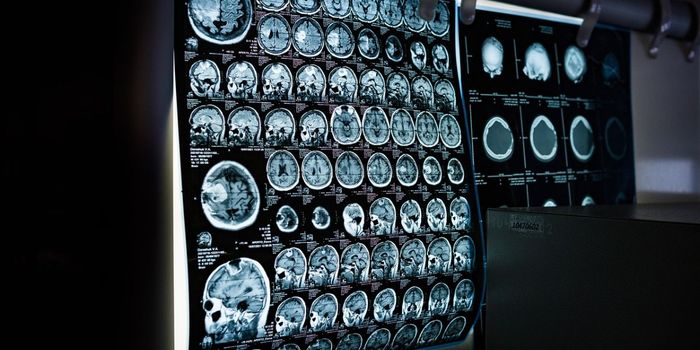Subsequent Stroke Risk Up to 20% Higher After Minor Stroke
Having a minor stroke or a transient ischemic attack (TIA) is linked to an almost 20% higher risk of subsequent stroke within 10 years. The corresponding study was published in JAMA.
“People start to feel better, and the more time that passes after the first stroke, they might reconsider whether the medication and lifestyle changes are necessary," principal investigator Dr. Michael Hill, MD, neurologist and professor at the Cummiming School of Medicine (CSM) at the University of Calgary, said in a press release.
"I hope this study serves as a bit of a wake-up call. If you know your risk is one in five of having another stroke over 10 years, and 10 percent of those cases are fatal you may be more likely to continue the medications and lifestyle changes," he added.
For the study, researchers conducted a systematic review and meta-analysis, analyzing data from 38 studies including 171 068 patients with minor stroke or TIA and a minimum follow-up of one year. Ultimately, they found that the subsequent risk of stroke was 5.9% within a year, 12.8% within five years, and 19.8% within 10 years.
Patients who have had a minor stroke or TIA have a persistently high risk of subsequent stroke, concluded the researchers in their study. They added that the findings ‘underscore the need for improving long-term stroke prevention measures in this patient group.’
“Along with awareness for people who have a stroke, there is also a take-away for healthcare providers. Many people who experience a minor stroke or TIA see a neurologist in the hospital, and maybe once again in the first few months, but then care transfers to the community and their family doctor,” said lead author of the study, Dr. Faizan Khan, PhD, a postdoctoral fellow at CSM at the University of Calgary, in a press release.
He added that the findings should encourage healthcare providers to bear the persistently high risk of a future stroke in mind, and to 'consider ongoing monitoring and risk reduction strategies beyond the initial high-risk period.'
Sources: Science Daily, JAMA









